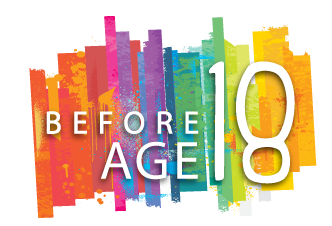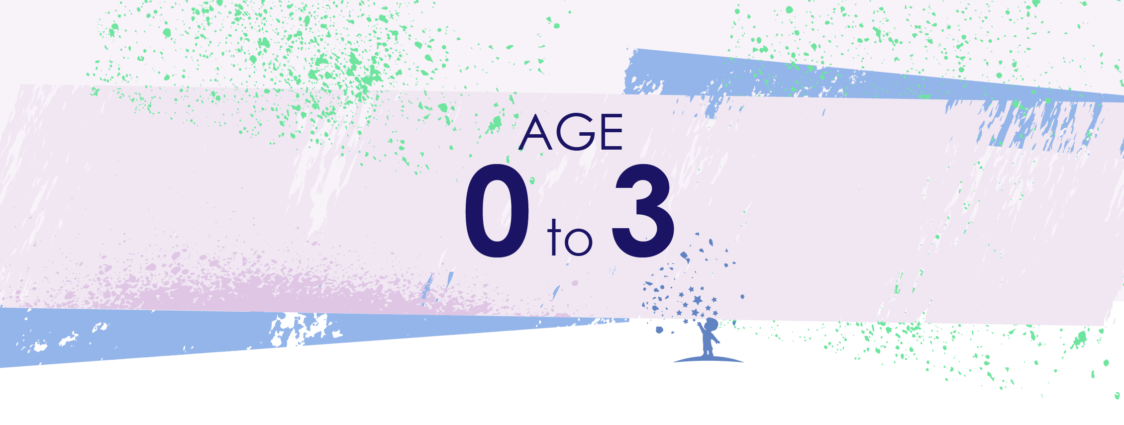Age Birth to 3
Family Action StepsTips for helping babies and toddlers grow and learn!
Being a new parent or caregiver can be both challenging and joyful. It is often a combination of both. It can feel more difficult when the child has a disability. You may wonder how the child’s disability will affect your plans and dreams for the future, and what lies ahead for the child.
Children are best prepared for adult life when families are supportive and have clear goals. This is especially true for kids with disabilities. These expectations can start at a very young age. The little things you do now make a big difference!
Get Started
Things to DoHere are a few ways to start:
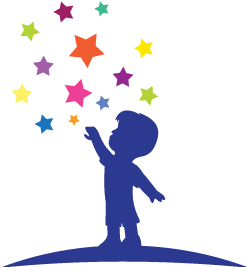
Encourage Creativity
Children are curious—that’s how they learn! These simple activities can bring out the child’s curiosity and make them a life-long learner:
- Talk about the things and people you see around you.
- Do things that are interesting to you and talk with the child about them.
- Encourage the child’s interests. If they like music, play music, and sing often! If the child likes cars, find toy cars to play with and read books about cars!
- Encourage imaginary play and take time for it. For example, reading books and going for walks can encourage imaginary play. Examples of imaginary play are pretending to cook, saving the world, or hosting a tea party.
- Observe non-verbal communication with infants, for example, when they use their eyes, smile or cry. This helps tell parents and caregivers what the young child likes and does not like.
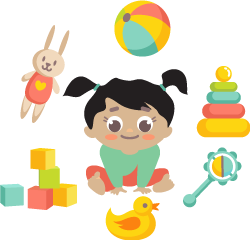
Offer Choices
Help the child learn to make decisions.
- Let the child make choices when possible. Toddlers can do better with a few options, so they are not overwhelmed. For example, ask them what your family should have for dinner. Give the child a couple options and then make sure to use the option chosen by the child.
- When the child does make a choice, praise them for their choice!
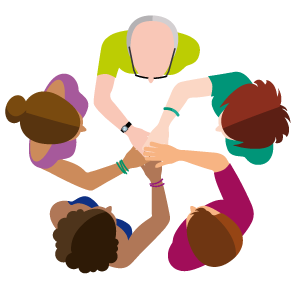
Connect with your community
Reach out to community resources to learn about other families. Hearing the experiences of other parents or caregivers and children with similar disabilities can be helpful.
Learn more ways to connect with your community and support the child:
